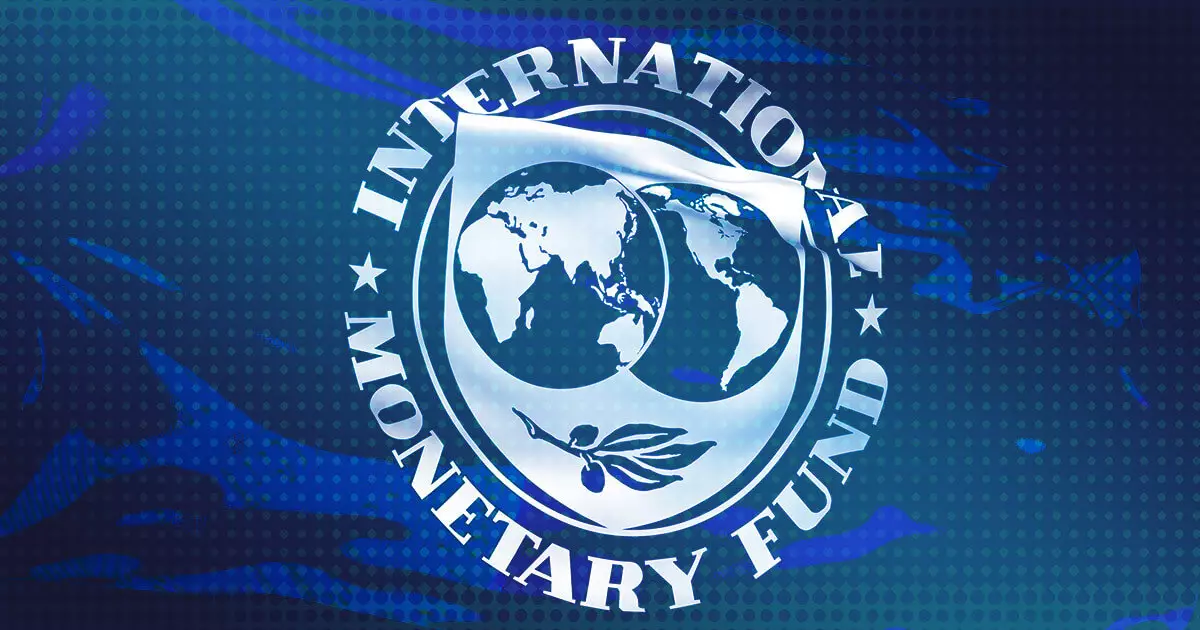The International Monetary Fund (IMF) has recently released a consultation report recommending that Nigeria embrace the regulated use of digital assets by licensing international crypto exchanges. This move aims to enhance the country’s economic stability and status within the African crypto sector.
The IMF suggests that licensing these platforms would attract foreign investment and improve remittance processes, which is crucial for Nigeria given its significant expatriate population. Adherence to strict regulatory standards, including Anti-Money Laundering and Countering the Financing of Terrorism (AML/CFT) protocols, is also emphasized in the report.
The IMF report points out substantial gaps in Nigeria’s balance of payments, with discrepancies approaching $7.5 billion, primarily resulting from undeclared financial activities involving cryptocurrencies in cross-border transactions. Through proper regulation and licensing, cryptocurrencies can provide tools for more secure and efficient transaction processes, enhancing control over digital financial transactions and curbing illegal financial activities.
The IMF report also highlights the potential of digital currencies to foster financial inclusion, supporting economic growth and improving access to financial services for the unbanked population of Africa.
Recent weeks have seen a significant regulatory crackdown on crypto and peer-to-peer (P2P) trading in Nigeria. The Nigerian government is concerned about the volatility in the foreign exchange market attributed to speculative activities in crypto trading. The Central Bank of Nigeria has identified activities such as “pump-and-dump” schemes in the P2P trading sector as problematic, accusing traders of manipulating the naira through speculative strategies.
A major development in the crackdown involved actions against Binance, with Nigerian regulators accusing the exchange of facilitating $26 billion in untraceable transactions. This led to the arrest of two executives and the freezing of over 1,000 bank accounts linked to P2P crypto transactions. Despite these crackdowns, reports indicate that Nigeria’s crypto traders have increasingly moved their operations underground using informal channels such as WhatsApp and Telegram for P2P trading, utilizing non-custodial or self-custody crypto wallets.
The IMF’s recommendation for Nigeria to regulate digital assets by licensing international crypto exchanges presents an opportunity for the country to enhance its economic stability, attract foreign investment, and improve remittance processes. However, the challenges posed by the recent regulatory crackdown on crypto in Nigeria, including concerns over speculative activities and untraceable transactions, highlight the need for effective regulation and oversight in the crypto sector. Only through strict adherence to regulatory standards and licensing of crypto platforms, can Nigeria fully realize the benefits of digital finance while mitigating the risks associated with illegal financial activities and money laundering.


















